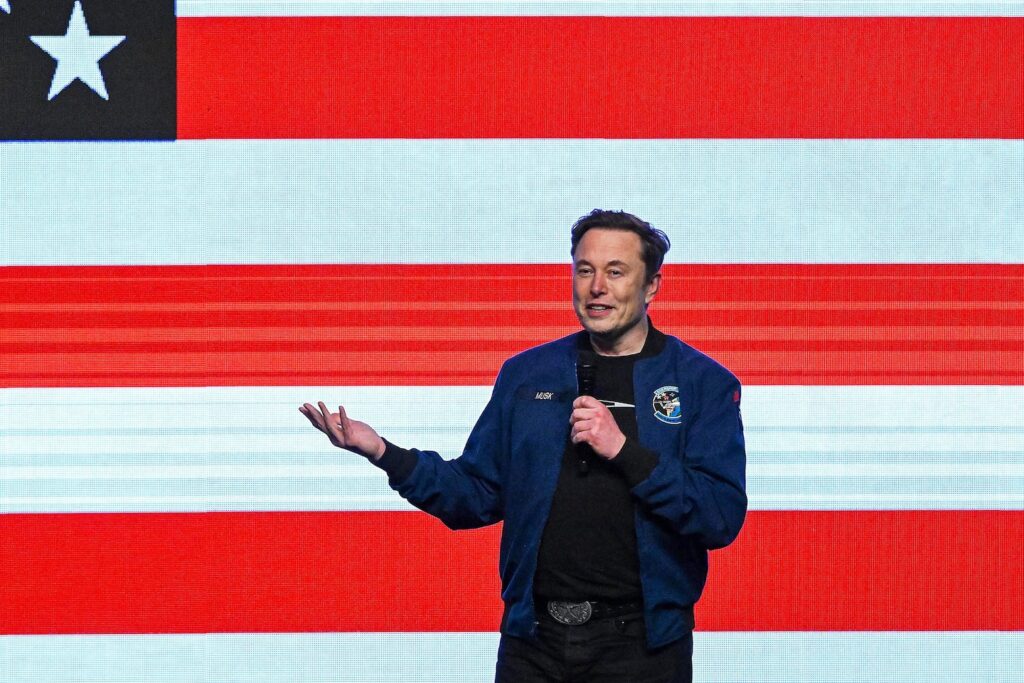XAI, the artificial intelligence lab that Musk started in mid-2023 to try to jump on the AI wave, had acquired X itself — the social media platform formerly known as Twitter — for $45 billion, which included taking on $12 billion of debt held by X, Musk said in the post. The deal gives the two combined companies a value of more than $110 billion, when the debt is taken into account.
Details about the transaction beyond what Musk shared on X are sparse. Musk said it was a natural evolution for two companies that had already been working together. “XAI and X’s futures are intertwined. … Today, we officially take the step to combine the data, models, compute, distribution and talent,” he said in his post.
“It’s opaque and complex, like all of Musk’s dealings, and purposefully so,” said Adam Cochran, managing partner at investment firm CEHV and an adjunct professor of business analysis at Conestoga College in Ontario. Cochran said it’s possible that Musk executed the deal to manage X’s debt.
“At the end of the day xAI was paying some of its own equity, to buy something that was mostly its own equity, just so Elon could have the same $44 billion price tag,” Cochran said.
In this situation, Musk used the rising value of xAI, which had raised money at a valuation of $50 billion in November, to buy X, whose advertising revenue is still below what it was before Musk bought it, according to data from eMarketer. Valuations for AI companies are soaring as the tech industry bets that the technology will revolutionize how people work and do business in the coming years.
Musk did not respond to a request for comment.
X’s value was partly based on its ownership of 25 percent of xAI’s shares, which Musk gave to X in exchange for the AI lab being allowed to use data from the social media website to train its algorithms. The companies already shared data, and some employees work for both entities.
“There is an obvious conflict of interest,” Matt Levine, a former mergers and acquisitions lawyer who is a columnist for Bloomberg News, wrote Monday. “If you are, say, an xAI shareholder who thinks that xAI is a promising world-changing company and X is a broken social media company, you might be aggrieved to see the company you own wasting $45 billion to bail out another company just because Musk owns it.”
The xAI-X merger drew comparisons from some analysts to Tesla’s 2016 purchase of SolarCity, a solar energy company whose board Musk chaired and whose two founders were Musk’s cousins. Tesla, where Musk is CEO, bought the heavily indebted company for $2.6 billion and used it to build out its own solar power business. Some investors sued Tesla, arguing that it bought SolarCity only because of Musk’s personal connections to the business. A judge later ruled that Tesla paid a fair price for it.
Gene Munster, managing partner at Deepwater Asset Management, who owned shares of both xAI and X before the merger, said that the deal is good for both companies but that he did worry at first about whether the merger could lead to a “SolarCity gotcha moment.”
“That’s the first red flag — was this an Elon inside deal where he waves his wand and something happens?” Munster said. Ultimately, though, Musk has the power to make deals between his companies, he said.
“I wasn’t expecting it, but it makes a ton of sense,” Munster said.
Musk’s work with the government is also drawing accusations of self-dealing. The Washington Post reported in February that the Federal Aviation Authority was close to canceling its 15-year, $2.4 billion agreement with Verizon in favor of Starlink, the satellite internet service run by Musk’s space company, SpaceX. The company has said it is working with the FAA but only to supplement existing contracts.
Still, Musk’s investors and legions of supporters are keen to continue working with him. His companies have made innumerable people wealthy over the years, especially Tesla fans who invested in the company early and saw the value of their stock rise rapidly. Even though Tesla shares are down more than 31 percent this year amid boycotts because of Musk’s political actions, the car company’s stock is still up more than 700 percent over the past five years.
And while critics mocked Musk’s purchase of Twitter as a terrible business decision at the time, few are still saying so today, given the political influence the platform has given Musk.
“It’s surprisingly straightforward,” Munster said of the deal. “We think this can be multiple times bigger of a company.”
This article was originally published by a www.washingtonpost.com . Read the Original article here. .

